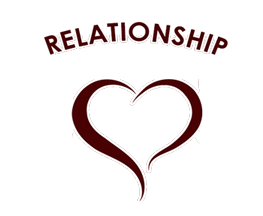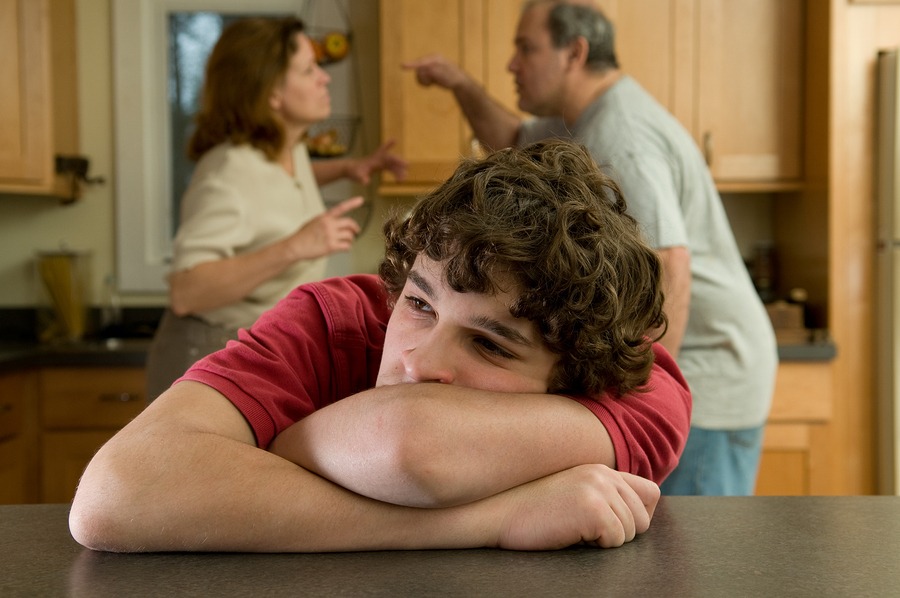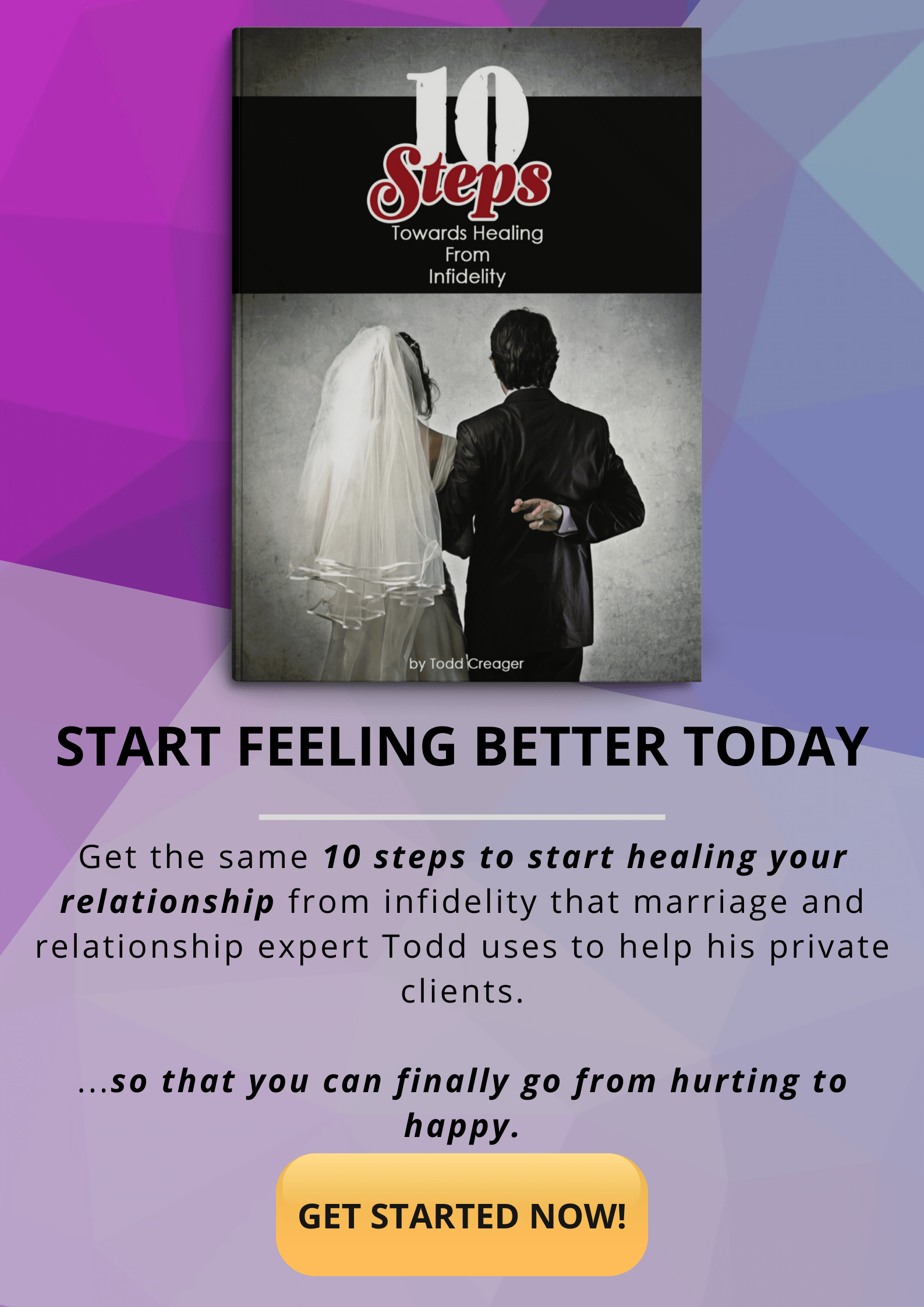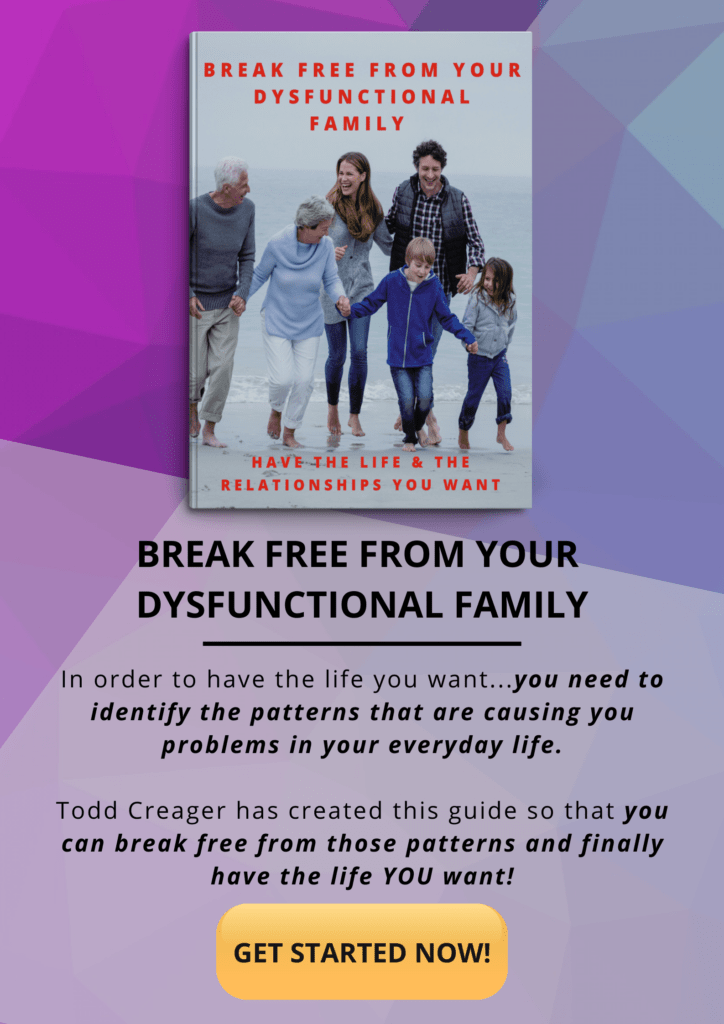Two years ago, I came out with a video blog- Seven Signs You Came From a Dysfunctional Family. Apparently, it has resonated with many people as indicated by the high number of views. Feel free to watch it here. I want to add three more “signs” to the list because we tend to blame ourselves or our partner for things that may have been patterns we learned in our family of origin. This month I will be writing and talking about dysfunctional families and how to break free of the psychological hold it may have on you. But first, we need to identify the patterns that are causing us problems in our everyday life. In the video, I say that in a nutshell, dysfunctional families are families where children are not free to be themselves; not free to spontaneously express what they feel or want. They tend to have to adapt and distort their expression in order to survive psychologically in their family. These patterns infect our adult, current relationships. Here are the three additional signs to look for:
1) Extremes with anger: People that grew up in dysfunctional families learned to either suppress their anger (and feel shame about having that feeling) or they react sometimes explosively without an ability to control their impulse. When I have couples that bicker (as many couples do) but they have an extremely hard time not interrupting and the sessions are marked with much hostility that goes on and on- that is usually a sign that the family of origin of one or both of the partners did not deal with anger and frustration in a healthy, mature way.
2) Extremes with being either overly independent or overly dependent You don’t let people be there for you and have to be a “soloist” or you cannot self-soothe and always need someone else to say or do what you want to feel reassured and relaxed. The “soloist” typically is stoic, cannot be vulnerable, says things are “fine” even after a crisis and doesn’t express his or her feelings even to the significant other. The person who cannot self-soothe fears abandonment, perceives their partner as a threat to withdraw love and walks around with a lot of anxiety. This is the person who at an extreme can be overly suspicious and will try to remedy that by constantly (for example) checking the partner’s phone, Facebook, etc. (It is important to note here that sometimes it IS the partner’s sneaky behavior and not the family of origin issues that provoke the anxiety and suspiciousness, however often it is both).
3) You are either hypo or hypersexual. Many dysfunctional families pass on shameful and negative beliefs about sex and touch. Children in these families learn to suppress or act out their natural healthy sexual urges. Whereas in healthier families, children learn that their sexuality is ok and at the same time that there is a time and place to express it, this is not the case in dysfunctional families. The symptoms could be sexual dysfunctions such as low sexual desire, arousal issues or orgasmic issues as well as promiscuity, infidelity and risky sexual behavior that can be detrimental to physical and mental wellbeing.
My articles and video this month will discuss more about coming from dysfunctional families and how to live healthier, more joyful lives if you come from such a family.
Break Free From Your Dysfunctional Family and Create the Life You Deserve
Todd shows you the different types of dysfunctional family roles and counters their toxicity with the truth. You don’t have to live your life striving for their approval…














Reader Interactions